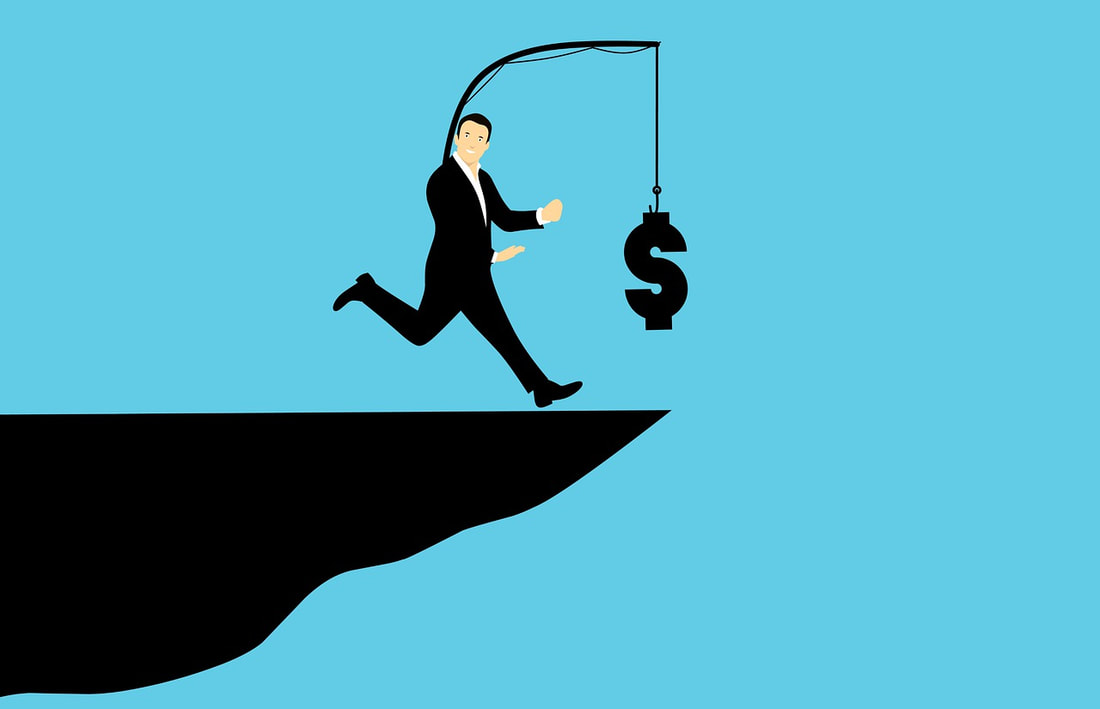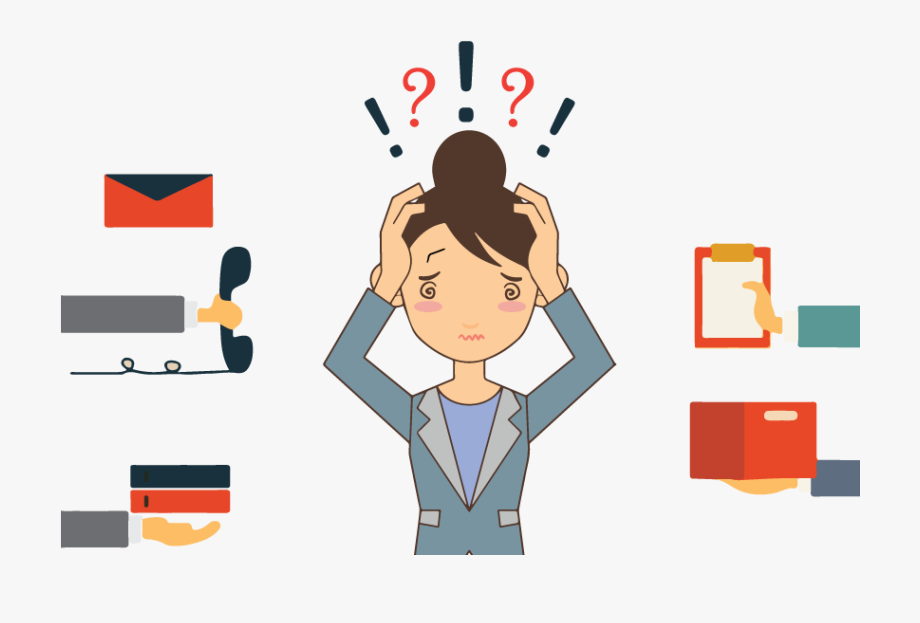|
While some employers believe stress to be a “necessary evil” to remain productive and profitable in today’s global economy, research indicates otherwise (1). In the United States, 26-40% of employees report being extremely stressed or burned out (1), in the European Union, 28% of employees reported feeling stressed at work, and in Japan, 63% of employees reported serious work anxiety or stress (2).
Ongoing stress can also contribute to longer-term issues and it's even been found that stress could contribute up to 90% of health symptoms and disorders (5). Long-term stress can manifest as psychological disorders (e.g., depression, anxiety, post-traumatic stress disorder), emotional disturbances (e.g., dissatisfaction, fatigue, tension), maladaptive behaviours (e.g., aggression, substance abuse, accidents, injury, suicide), physical illnesses (e.g., cardiovascular disease; cancer; ulcers, decreased immune system, neuroendocrine disorders, autonomous nervous systems, blood pressure, blood lipids, uric acid), and cognitive impairments (e.g., sleep disorders; 1; 2; 4; 6; 9; 10; 11).
It's time to re-think overworking yourself or your employees to get greater productivity and realize that in the long-run it will lead to lower productivity as well as many other consequences including hurting profitability. Now it's time to re-focus on engagement, motivation, and purpose.
1 Comment
After investing into my consulting business full-time, I am fortunate to have flexibility, autonomy, and days where I stay at home working in my housecoat. However, it wasn’t very long ago I was working 11-hours days, answering emails on vacation, and taking my dual monitor home on long weekends.  Working is no longer clocking in at 9:00 am and clocking out at 5:00 pm. Work is now physically or virtually arriving between 7:00am and 10:00am and leaving between 3:00pm and 6:00pm, all while juggling personal phone calls, work e-mails, doctor’s appointments, social media, conference calls, news reports, in-person meetings, the list goes on. Once home, the work phone still buzzes from colleagues around the world or from people burning the midnight oil. There is no longer a concept of ‘work-life balance’ but now a concept of ‘work-life integration’. We now have more tasks to squeeze into a day, without scheduled ‘on’ and ‘off’ times for each task. This integration is particularly problematic when new research has now shown that we need fully detach in order to recover.
There are four typical ways people recover from work:
Okay, so what did the research say was the best technique? Of course, the answer is “it depends”! If you experiencing fatiguing demands during your day, the best thing you can so is to detach to rejuvenate. Some examples of how to detach include turning off your work email/phone, engaging in group activities, or reading. Detaching will allow you to complete your home tasks without distraction allowing you to focus solely on work the next day. It will also allow you to sleep better at night by stopping any ruminations over tomorrow’s work day. If you facing invigorating demands, the best thing you can do is control. Scheduling your work and non-work tasks will allow you to keep control of your demands, ensuring they remain a source of energy rather than become a source of fatigue. Other suggestions on how to control your demands is to make to-do list’s and set daily, weekly, and monthly goals. Having greater control will increase your self-efficacy and allow you to feel that you accomplished more. Even though the research found these are the best techniques, it doesn’t mean ignore the other techniques. If you can, combine them! For instance, meditation will allow you to detach and relax. Using multiple techniques will have an incremental effect to reduce you fatigue. Overall, although work-life integration can increase flexibility and autonomy, we run the risk of not recovering from our demands. Ensure you schedule time to detach to avoid burnout and to remain energized at work. |
Archives
November 2020
Categories
All
|




 RSS Feed
RSS Feed
